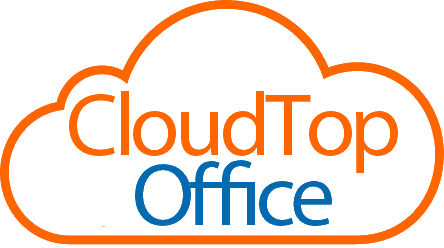Upgrade to QuoteWerks v25: Unlock New Features and Elevate Your Workflow
Are you ready to take your quoting process to the next level? If you’re current on your UMP (Update Maintenance Program), there’s no better time than now to upgrade to QuoteWerks v25. Packed …





